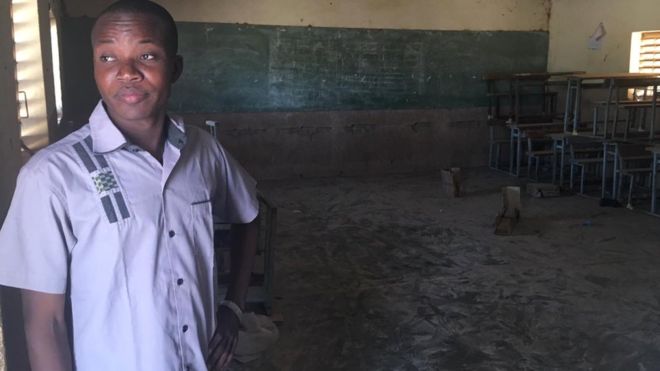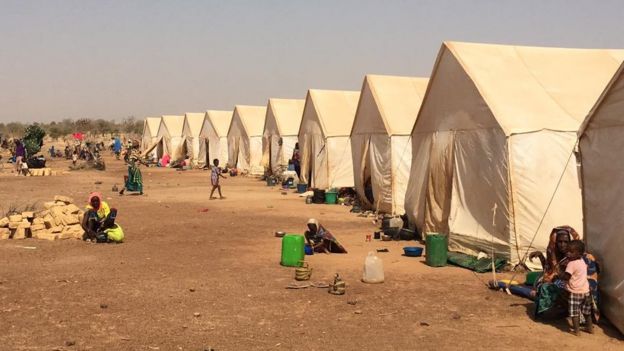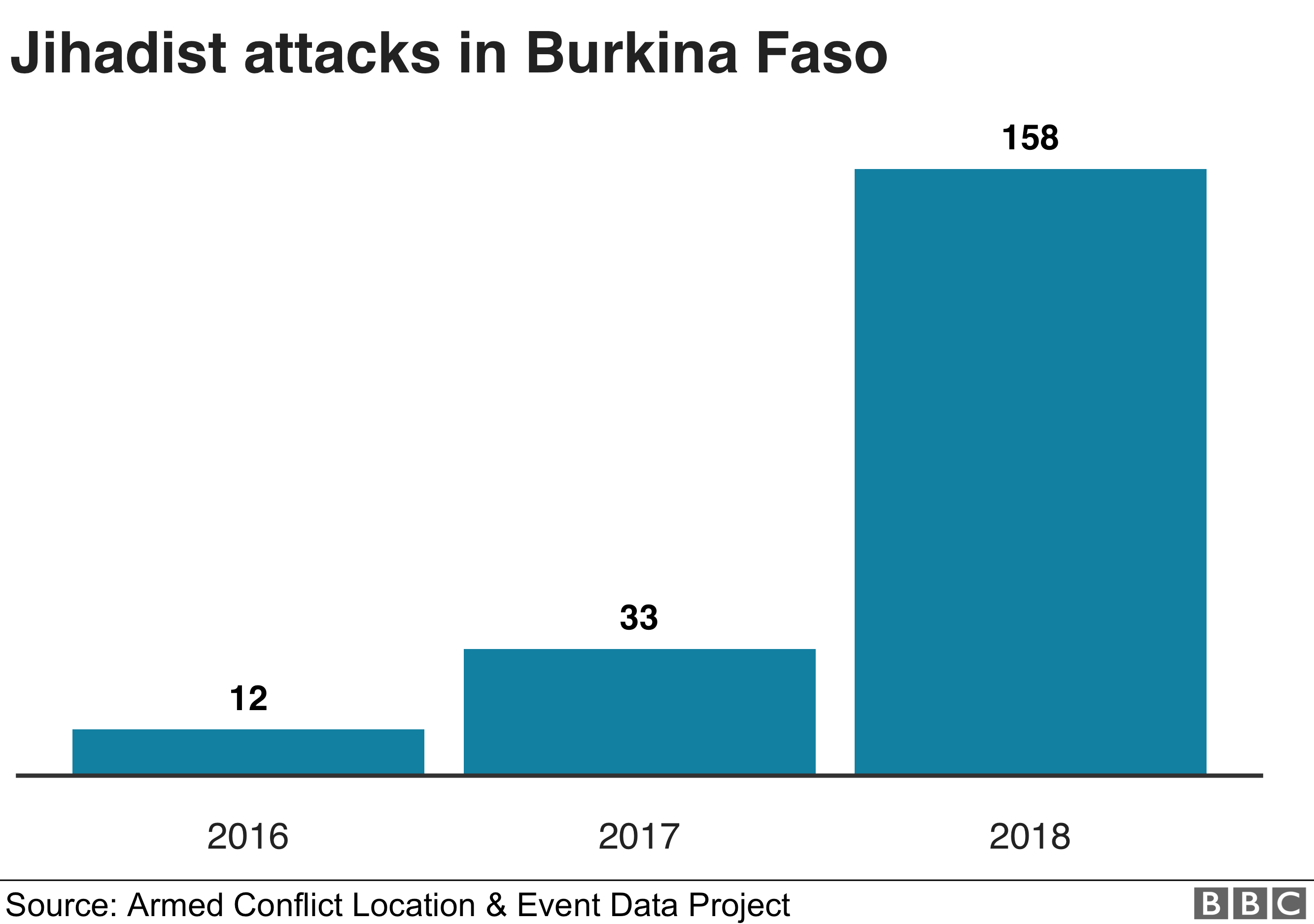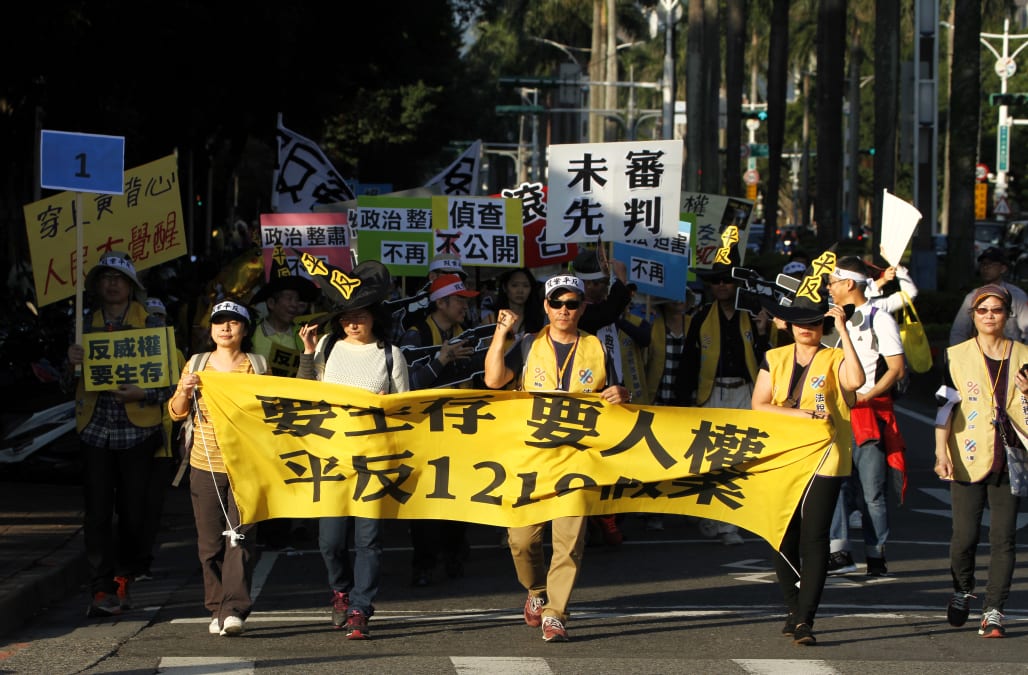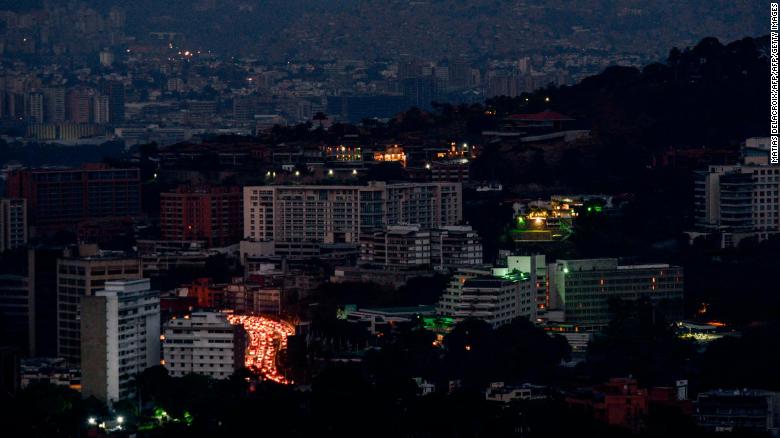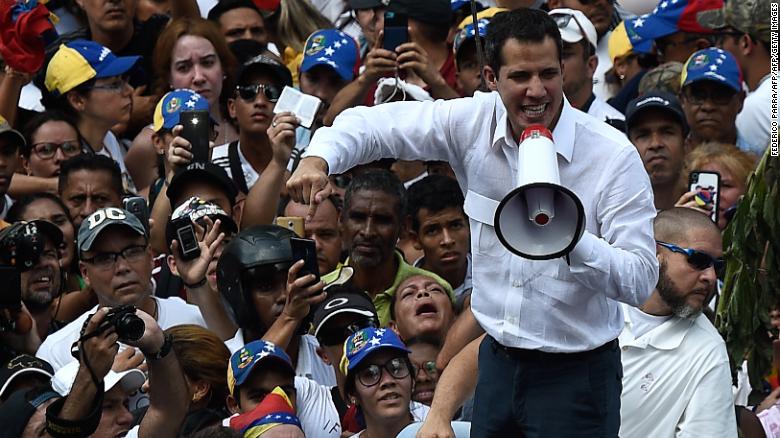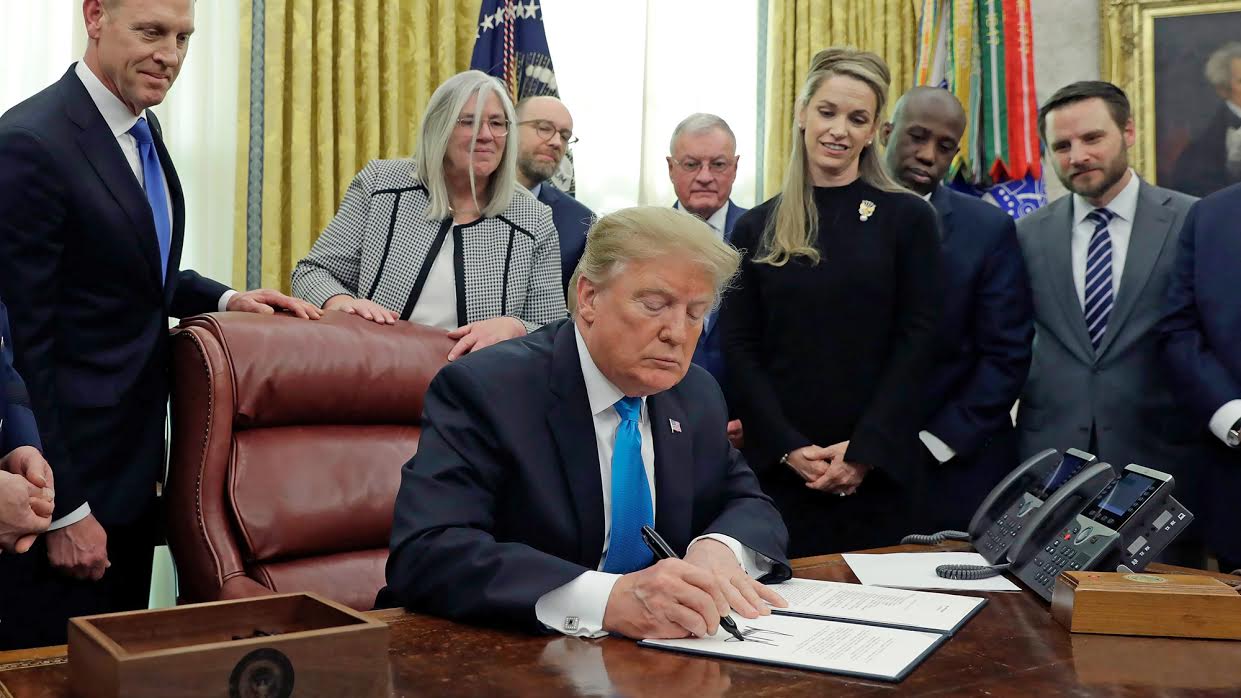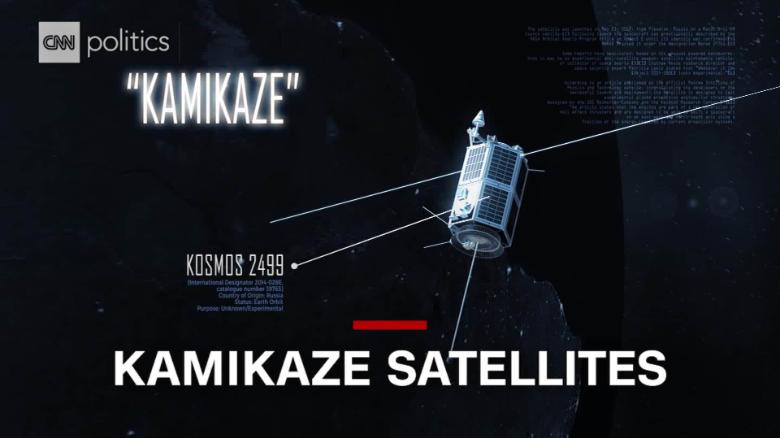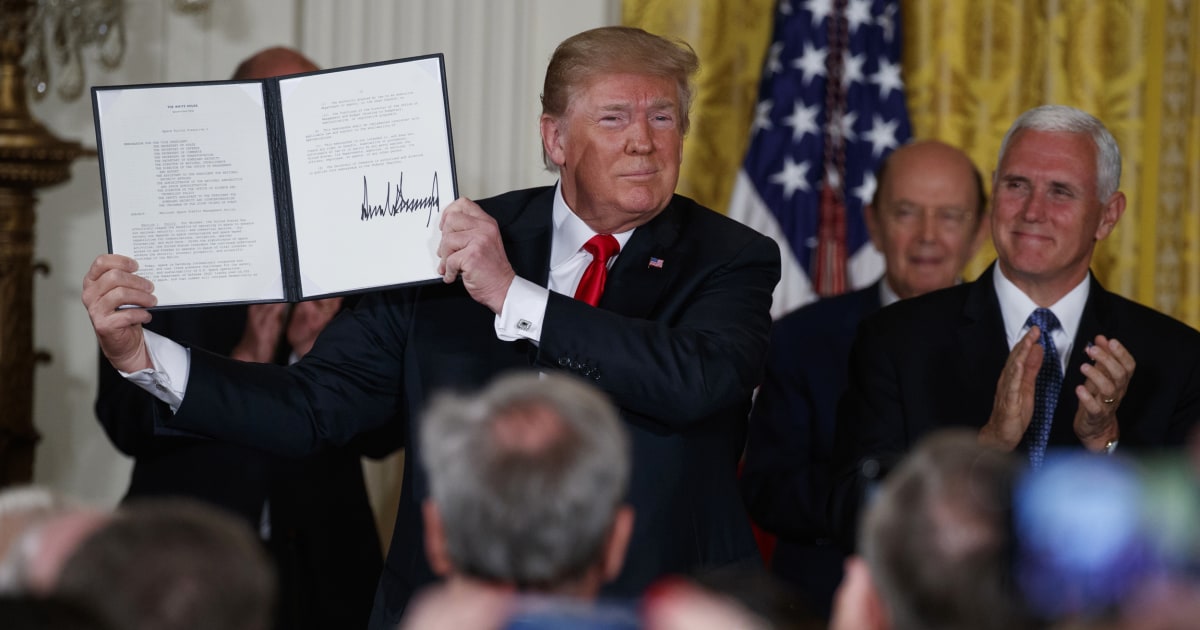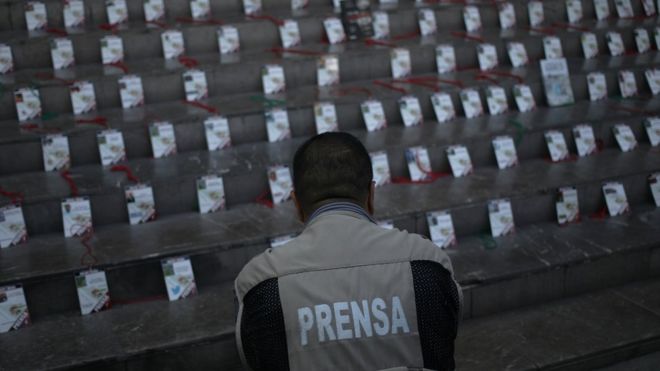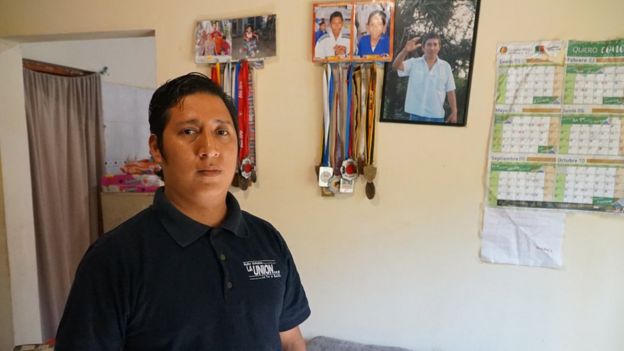Summary:
Thailand is having its first election since the 2014 military coup which dissolved the constitution and ousted the prime minister. 7 million new voters between 18-26 are eligible to vote for their first election since the coup that occurred in 2014. During the coup, the military seized power from the ruling party led by prime minister Thaksin Shinawatra. Currently, Mr. Thaksin must live in a self-imposed exile in order to avoid convictions of abuse of power. He was ousted by the military due to this in 2014. However, he still holds significant influence as the only candidates for election are his allies and members of the military party.
However, the elections are not entirely free. Initially, when the army seized power it said it would immediately restore freedom and democracy yet it repeatedly postponed the vote. For the past 5 years, the country has been run under a military junta. Even now the military controls the entire Senate. In this election, citizens will be able to vote for members in the 500 seats lower parliament. These members combined with the Senate will vote for the Prime Minister who will lead the country. To win the candidate will need 1 more than half of the votes in both houses giving military candidate Gen Pryuth a huge advantage as he only needs 126 votes to win. Also, elected leaders are required to follow the military's 20-year plan and there is a limit of seats that one political party can have. All in all, even with all of these negatives, this is a positive move in the direction of democracy for Thailand and voters are excited with an 80% voter turnout.
.jpg/220px-Thaksin_DOD_20050915_(crop).jpg) |
| Previous Prime Minister Thaksin Shinawatra. |
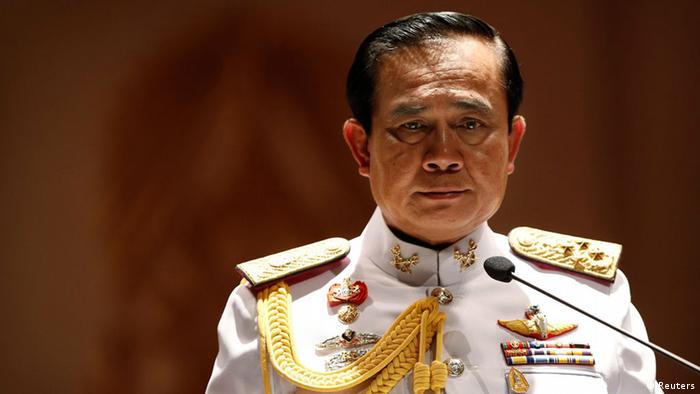 |
| Genral Prayuth |
Reaction:
I was very interested in the irony of how the military took over to stop corruption and ended up being corrupt. I had no idea that Thailand was in the midst of a military coup and it opened my eyes to how a lot of the world does not have the freedoms that we do in America. It also surprised me how eager people were to vote even though the military controls a majority of the government. 80% voter turnout is way higher than America and our votes have much more value to how our government is shaped.
Connection to CWS:
This connects to our authoritarian leaders unit as Thailand was run under an authoritarian government for the past 5 years and still is not completely free yet. In the authoritarian unit, we learned about past examples of these leaders and governments and Thailand provides a current day example. It also connects to our study of Cuba during the cold war as the government is was a military junta similar to the Cuban government before Castro took over.
Questions:
1.) Do you think the Thai elections are free and fair why or why not?
2.)Do you think the Thai military will ever fully restore democracy why or why not?
3.)Do you think it was fair for the military to oust PM Thaksin?












